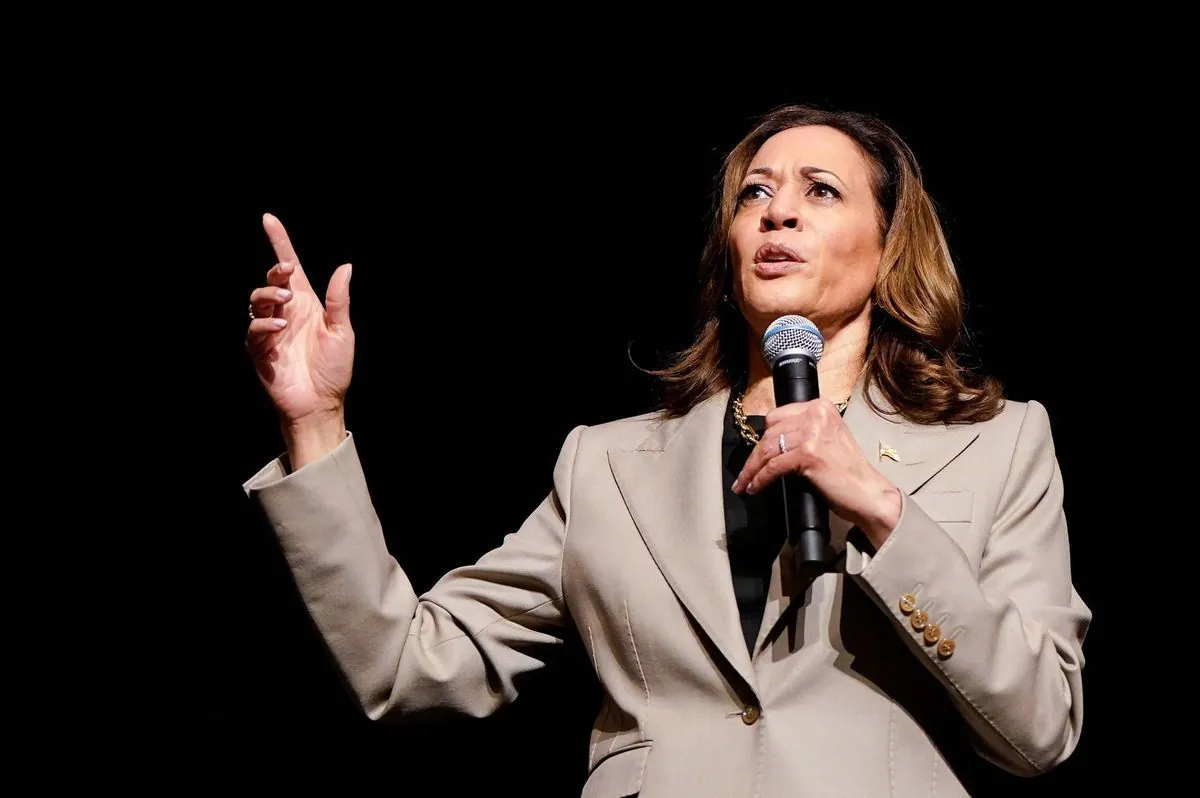Kamala Harris, the presumptive Democratic presidential nominee, is poised to unveil her economic agenda, focusing on boosting housing construction and addressing high food prices. This plan, set to be announced on August 16, 2024, expands on President Biden's initiatives while introducing new elements that have sparked both interest and concern.
Harris's housing proposals aim to address the chronic shortage of homes in the United States. The plan includes tax incentives for builders and buyers, as well as measures to help local governments streamline zoning laws. This supply-focused approach seeks to alleviate the housing crisis, which has seen a deficit of 4.5 million homes according to recent estimates.
The vice president's plan goes beyond current administration goals, proposing the construction of 3 million new homes and doubling the funding to $40 billion for reducing bureaucratic obstacles. These initiatives have garnered support from the real estate industry, recognizing the need for reform in land use regulations.
However, Harris's approach to demand-side economics has raised eyebrows among some analysts. Her intention to target corporate "price gouging," particularly in the grocery sector, has been met with skepticism. Critics argue that such price controls could potentially lead to shortages and discourage competition, drawing parallels to the economic challenges faced in the 1970s.
"While addressing housing shortages is crucial, implementing price controls on food could have unintended consequences. Historical precedents suggest caution when intervening in market pricing mechanisms."
The proposed $25,000 subsidy for first-time home buyers has also been flagged as potentially inflationary. This measure, aimed at increasing homeownership, could inadvertently drive up housing prices, counteracting the intended benefits of increased supply.
Despite these concerns, Harris's plan includes elements that have shown promise in addressing social issues. The revival of the expanded child tax credit, which was temporarily enacted in 2021, is a key component of her agenda. During its brief implementation, this policy significantly reduced child poverty rates to a historic low of 5.2%.
Tim Walz, Harris's running mate and Governor of Minnesota, has likened the economy to a garden that requires careful tending. This metaphor underscores the delicate balance required in economic policy-making, where nurturing growth must be balanced against the risk of overheating the economy.
As the United States continues to navigate complex economic challenges, including the lingering effects of the COVID-19 pandemic and ongoing housing market pressures, Harris's economic vision will likely be subject to intense scrutiny and debate in the coming months. The success of her plan will depend on its ability to foster sustainable growth while avoiding the pitfalls of inflation and market distortions.
